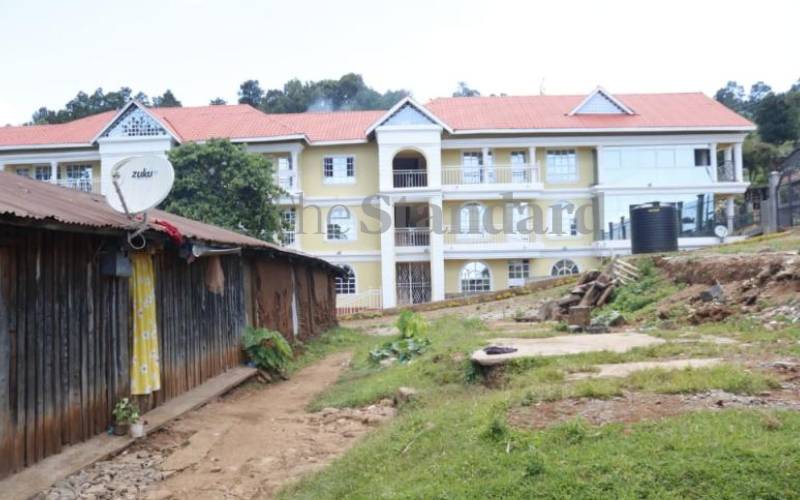×
The Standard e-Paper
Home To Bold Columnists

Ten years ago, Bondeni slums, located 500 meters from the Baring County Government headquarters, was a no-go zone for strangers.
The informal settlement, home to 2,500 families drawn from the minority Nubian, Swahili and Tugen communities, was dreaded by many.